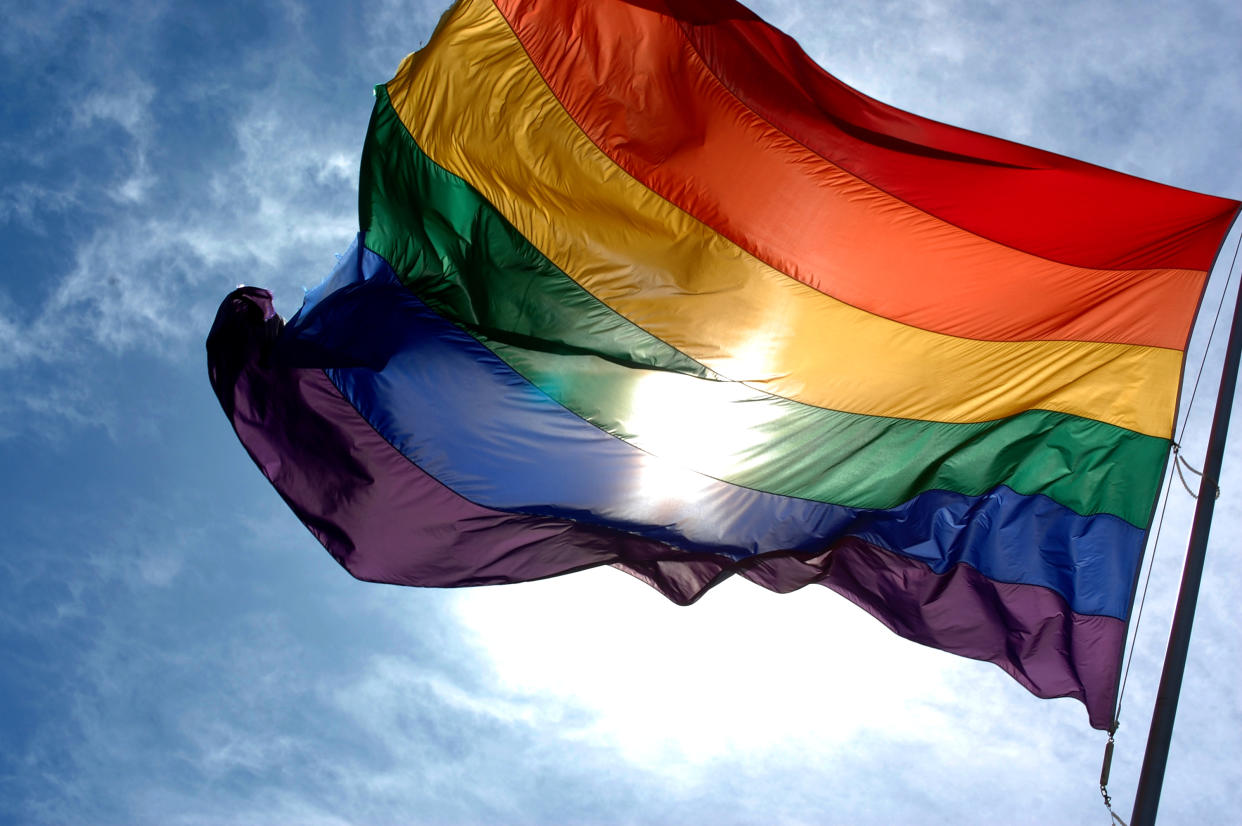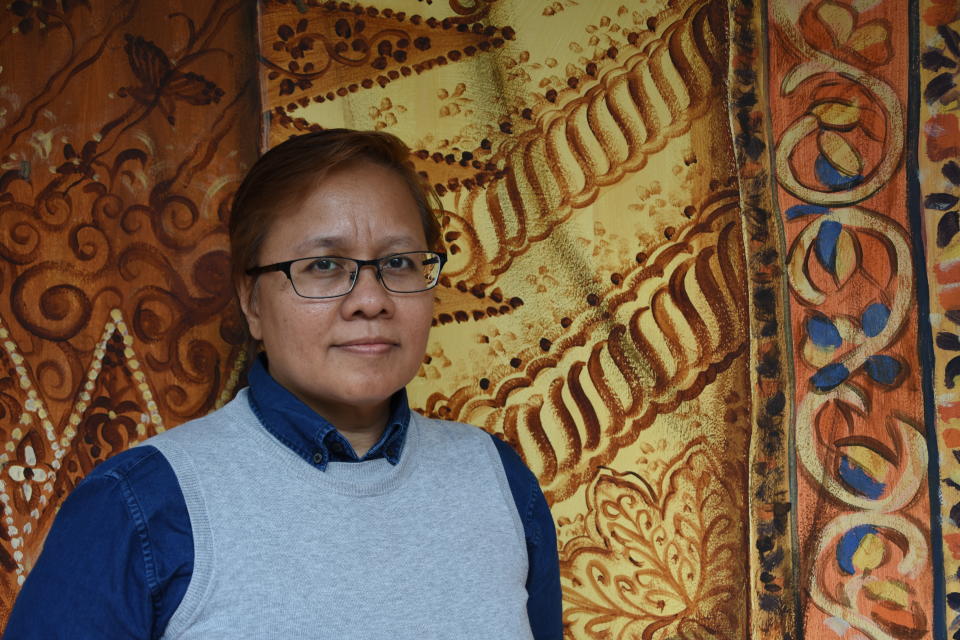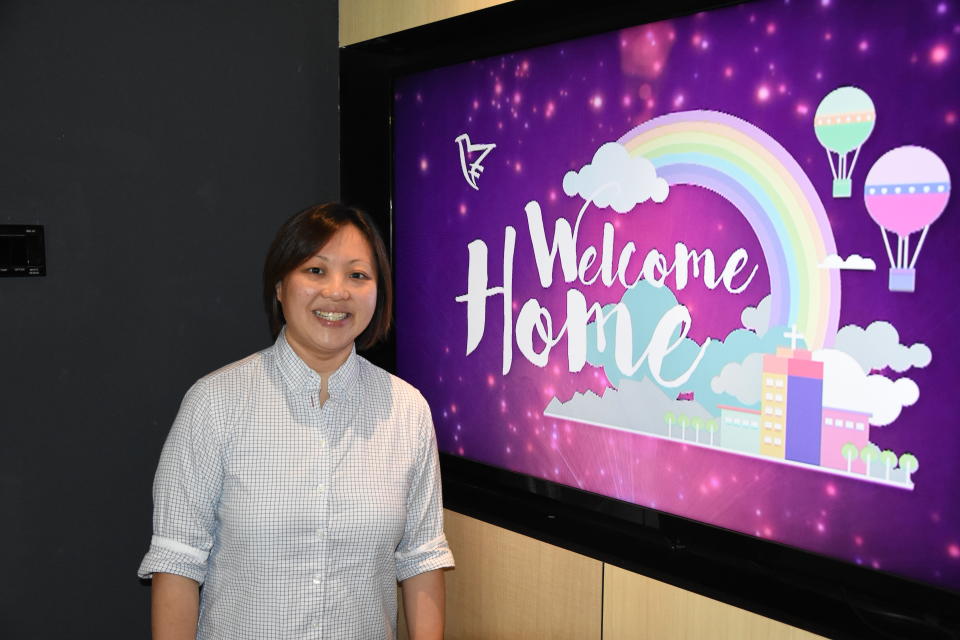Acting on faith: LGBT Muslims and Christians in Singapore forming their own spaces

Evan was 16 and doing well in school when he decided that he wanted to die.
Years of enduring slurs such as “pondan” and “bapok” (derogatory terms in Malay for transvestite) and his effeminate ways had left Evan (not his real name) despondent and he finally cracked. In March 2004, he told a friend it was his “last day” and walked out of his school in Choa Chu Kang to a nearby HDB block.
Fortunately, two of Evan’s friends caught wind of his plan and grabbed him just as he entered the HDB block’s lift. He is now a 30-year-old architect who identifies himself as a Muslim and a gay man.
“I was struggling with myself and my sexuality… (and) people were labelling me with terms I myself didn’t understand. It played with my psyche.”
The school informed Evan’s parents about his suicide attempt but he lied to them about why he wanted to die. “I didn’t think they would be able to take it,” he said.
His family members are also Muslim and consider homosexuality a sin, just like the majority of their fellow adherents. The views of the Christian community on the issue are largely similar.
Evan’s account is not unique. Most of the 12 Christian and Muslim lesbian, gay, bisexual and transgender (LGBT) men and women interviewed by Yahoo News Singapore spoke of facing a backlash from their communities along with various forms of discrimination.
They also fear being singled out for their sexual orientation, with only one Muslim and two Christians among them being willing to openly identify themselves for this story.
Evan has yet to come out to his parents even though they suspect his sexual orientation. His mother once said that she would disown him if she were to find out he was gay.
“I lead a double life,” he added.
In search of a sanctuary, a number of LGBT Muslims and Christians have either formed or joined support groups such as the FCC, Jejaka, and THC. Representatives from the latter two groups, which cater to the Muslim LGBT community, agreed to speak to the media for the first time ever for this story.
Evan joined Jejaka in 2015. “I wish there were groups like Jejaka when I was growing up – to at least provide guidance and a safe space,” he said.
Jejaka and the other groups operate on the margins of their wider religious communities.
The National Council of Churches of Singapore (NCCS), which represents over 250 churches, said in December last year that it considered the “homosexual lifestyle as sinful and unacceptable”. At the same time, the NCSS also stated that it was against homophobia.
The Islamic Religious Council of Singapore (Muis) stated that it did not condone homosexuality but called on Muslims to be non-confrontational and respectful of others. Both Muis and NCCS were responding to queries from the Straits Times (ST) made last December.
Seeking space for Muslim LGBT programmes
Jejaka, which means “young gentleman” in Malay, was founded by Yusof (not his real name) with the aim of supporting Malay-Muslim gay and bisexual men between the ages of 18 and 35.
The group runs an annual programme that helps its members reconcile their identities as Muslims who are also part of the LGBT community. Comprising four sessions lasting two hours each, there are typically four to five participants for each batch. During this time, participants discuss the challenges they face and watch documentaries on LGBT issues.
Yusof, a Malay Muslim who declined to state his occupation, used to fund the programme through a local sponsor. But the money for this year’s programme came out of his own pocket, he said, without revealing more details.
Danial (not his real name), a 30-year-old customer service officer, joined Jejaka last year while seeking a way to cope with years of abuse and rejection he faced in school due to his sexual orientation.
As a Primary 6 pupil, he was cornered in his school’s library one day by a Malay schoolmate who asked, “Why (are you) not behaving like a man?” The boy then assaulted Danial and left him bleeding, the soft-spoken man recounted.
After enduring constant name-calling in secondary school, Danial bought books to learn how to play football although he had no interest in the sport. He just wanted to fit in by proving to the other boys that he was “manly” enough.
In 2008, Danial came out to his mother but she told him that she could not “endorse something that is a sin”. Since then, they have avoided discussing the issue.
Not all members of Jejaka are clear about their sexual orientation.
Ahmad (not his real name), 21, a former madrasah student who joined the group in 2016, said he wonders if his attraction to men is due to the regular sexual abuse he endured from Primary 1 to Primary 3 at the hands of three older boys from his school.
He said that they would regularly pull him to the back of the half-empty 40-seater school bus they took every morning and have their way with him. This would happen at least once a week. Ahmad believes they picked on him because of his “soft gestures” and features.
It was during Ahmad’s time in secondary school that he realised he was attracted to boys.
In need of counsel, he raised the subject of his sexuality with his madrasah teacher in an indirect fashion. Ahmad, then 15, asked her what he should do about his naturally “soft gestures”, to which she replied that he should “man up”.
“I was appalled,” said Ahmad, who dared not broach the topic with his teacher again.
Unlike Jejaka, The Healing Circle (THC) is open to all LGBT Muslims. Founder Zubaidah Yusof, 53, said THC is a “safe space for them to embrace their spirituality and belief in oneness with God.”

Zubaidah, who goes by the name Zuby, identifies as a lesbian. This was the first time she had come out publicly about her sexual orientation.
THC has held two closed door events – both funded by Zuby – since the group was started last year. Of the 20 people who attended its most recent event on 20 April, about 75 per cent identified themselves as LGBT.
Zuby’s long struggle with her sexuality fuelled her desire to create a safe space for fellow LGBT Muslims. When she was about 20 years old, her late mother, who was a religious teacher, insisted that she go for conversion therapy in order to become straight.
The therapy was called “mandi bunga”, or flower bath in Malay. As instructed by a faith healer, Zuby went to a location in Simpang, in the north of Singapore, to bathe under the full moon. The water was mixed with seven different types of flowers and she bathed in it for three nights in a row while wearing nothing but a batik sarong.
It did not help, and Zuby found herself still attracted to women. A few years later, her parents set up an arranged marriage for her. Zuby reluctantly agreed to marry out of filial piety, she said.
“Marriage was hell to me… we didn’t have love,” said Zuby, who was physically and mentally abused by her husband. The couple eventually divorced but Zuby said she was at least blessed with the birth of her son, who is now 22.
While Zuby is open to inviting anyone who is interested to know more about LGBT Muslim issues to THC, she draws the line when it comes to anti-LGBT activists. One such activist tried to attend a session but Zuby rejected him as she could not take the risk that he might have ended up being confrontational and compromising the safe space accorded to participants.
The Christian LGBT space
For members of Singapore’s LGBT community who profess to be Christians, they have one sanctuary where they can worship in numbers.
The Free Community Church (FCC) is the only church in Singapore that primarily serves the LGBT community. Based in One Commonwealth, the church has seen the attendance at its services grow from about 40 to 50 people in 2004 – the year of its inception – to around 130 people now, according to FCC’s executive pastor Pauline Ong, 45.
About 85 per cent of the members identify themselves as LGBT, many of whom left their previous churches as they felt more comfortable at FCC.
For Ong, her awakening came about at around the same time that she became a Christian at the age of 13. She discovered that she was attracted to women but did not think much about it then. By the time she entered university, she realised it was not just a phase.
The “internal contradiction” she felt between her faith and sexuality even triggered suicidal thoughts in her.
When Ong was in her mid-20s, she pursued a master’s programme in theology in Singapore and took a module on sexuality taught by a guest lecturer from the United States. It was there that she came across alternative interpretations of the Biblical passages that addressed homosexuality.
She prayed for years in the hopes that she could become straight but to no avail. “I was willing to change but why was God not taking it away?” she said.
Now, however, she sees her lesbian identity as “a gift”.

Rain Khoo, a 38-year-old general manager who has transitioned from a woman to a man, feels most comfortable when he is at the FCC. “I can just rest in God, in fellowship,” he said.
As a woman, Khoo suppressed his male instinct for over 20 years and even got married, which resulted in two children. After seeing counsellors and therapists, and with support from his husband, Khoo began the process of becoming a male three years ago.
Khoo still attends a “traditional” church where he has faced indifference from other members about his identity. He was asked to step down from the church’s music team. Some of his friends there have also refused to call him by his chosen name and still address him by his former female name.
Still, Khoo and his husband decided to continue spending time in the two churches. He wanted to let people understand that he is “still the same” person and that being transgender has not weakened his faith.
Mainstream religious leaders reaching out
Despite the gulf in their positions on the issue, mainstream religious leaders have been reaching out to engage with the LGBT community.
Last September, about 50 Methodist Christian pastors met FCC pastor Miak Siew to understand how to minister to LGBT members within their own churches, said Ong.
Earlier this year, Muis also launched a series of engagement sessions and asked for public submissions on various issues including on LGBT matters.
Last December, former minister for Muslim affairs Yaacob Ibrahim said that young Muslims will be confronted with LGBT issues, among many others, and that there is a need to move beyond a “discourse where we say it’s right and wrong, black and white”.
While the LGBT Muslims whom this reporter spoke to appreciate the engagement efforts being undertaken by the religious leaders, they ultimately wish to lead their own lives without being judged or harassed by others who disapprove of their sexuality.
As one Jejaka member, a civil servant who declined to be named, put it in Malay, “Your grave is your grave, my grave is my grave… I will answer for my own deeds to God.”



